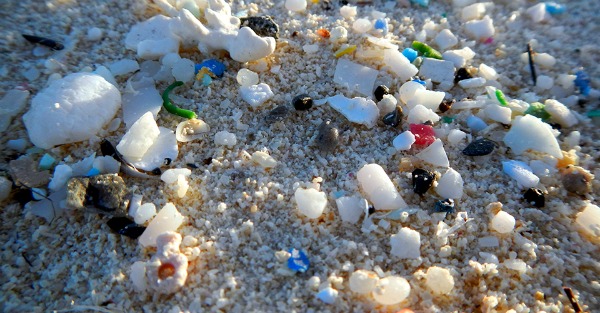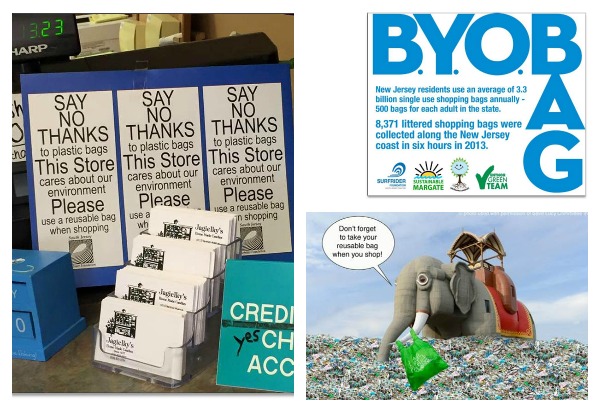May 16, 2017
It’s estimated that human beings are responsible for putting a shocking 8 million metric tons of plastic into the ocean each year. It’s hard to realize the magnitude of this number, but recent news stories have done a great job at showing the gravity of the issue (see “ No One Lives on This Remote Pacific Island – But It’s Covered in 38 Million Pieces of Our Trash” and “ Horrific Photo Shows What Littering Can Do to Animals” for evidence).
With all our advanced technology, the availability of waste disposal and the common knowledge that littering is wrong, it makes you wonder, how could this happen?
The Issue
Because our watershed is an interconnected system, litter from inland eventually makes its way downstream into our waterways. The prevalence and lightweight nature of plastic products makes them the worst offenders. Even the most eco-conscious consumers have a hard time escaping plastic products, and despite our best efforts to throw plastics in the trash or recycling bin, they have a tendency to still sneak out into the environment.
It’s become such a terrible problem that large gyres of plastic can be found in oceans across the globe -- and that’s just the litter we can see. Most of the plastic is breaking down into tiny pieces that are harder to detect and remove.

No, not shells :(. This image is of microplastics on the beach from NOAA
The pollution affects our environment, economy and overall quality of life. Wildlife essential to maintaining our ecosystem regularly consume the litter, and many die prematurely as a result. Fish are mistaking microplastics as food, and we later eat that fish for dinner. Litter washes up on the beautiful beaches that support our tourism economy and attract millions of visitors each year.
Who will want to swim in a filthy ocean?
.jpg)
These public education pieces from Surfrider Foundation showcase the real impacts of plastic pollution.
What’s Being Done Locally
Recognizing the need for a serious effort to stop pollution, Atlantic County residents, organizations and municipal officials are bringing attention to the impacts of plastic on our local waterways, and enacting legislation they believe will help the issue.
Over the past few years, the Edwin B. Forsythe Wildlife Refuge has been using its social media pages to bring attention to the impact plastics like balloons and bags have on animals (see “ Stop Releasing Your Balloons into the Sky”).
Atlantic City, Longport, Margate and Ventnor, with support from their local green teams and the Surfrider Foundation, have passed balloon bans that will issue a $500 fine to any group that releases balloons.
Longport became the first city in New Jersey to place a fee for single-use carry out bags. In the neighboring beach town of Ventnor, the Sustainable Downbeach Green Team and Surfrider Foundation, South Jersey Chapter, presented a potential ordinance to the governing body that would enact a similar fee.
The entire Downbeach community has collaborated to promote the use of reusable bags and educate the community on the dangers of plastic litter.
Local farmers markets like in Brigantine and Margate are plastic-free and require shoppers to bring their own bags.

Examples of promotional materials used to discourage the use of plastic in local shore towns.
How You Can Help
It’s clear that the actions we take do have an impact. We encourage you to make a positive difference with the following ideas:
- NEVER LITTER!
- Pick up litter whenever you see it, volunteer for a local cleanup, or adopt-a-road through ACUA’s County program.
- Reduce your use of plastics by bringing your own bags to the grocery store and refusing single-use plastic utensils, straws, bottles and containers. (It’s easier than you think to get into the groove!)
- Recycle any plastic film that you do have at your local grocery or retail store. Click here to see local drop off points.
- Share resources. If your organization is doing something to prevent plastic pollution, let others know! Many groups are working on similar initiatives that could likely use your help.
- Help spread the word! Many people still don't realize how dangerous litter actually is.